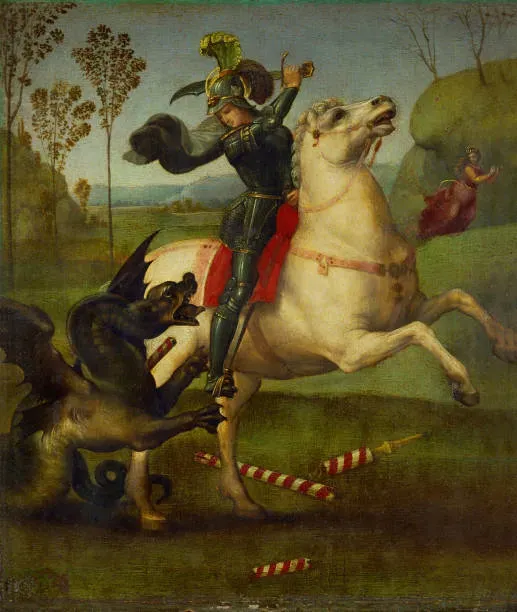(Further to the Provost affair, please see at Brownstone The Service of Dissent. We resume now the series that began with Seeking a Christian State?)
Who is Well Armed?
Against Misplaced Faith
by Douglas Farrow
May 9, 2025
It is sound doctrine, even sound political doctrine, to say that none but the virtuous are good and that none but the good are free. The vicious may know and enjoy a form of freedom, derived from the works of the virtuous, but they remain bound by their own vices, as if their feet were in the stocks. Their politics, and perchance their religion, represent vain attempts to liberate themselves.
The socialist system is one such attempt, albeit a dour and pessimistic one. As Chesterton observes in Eugenics, it is “founded not on optimism but on original sin.” Lacking the divine antidote, it harbours deep doubts about man. Hence it “proposes that the State, as the conscience of the community, should possess all primary forms of property,” on the grounds that “men cannot be trusted to own or barter or combine or compete without injury to themselves. Just as a State might own all the guns lest people should shoot each other, so this State would own all the gold and land lest they should cheat or rackrent or exploit each other.”
Chesterton, however, was still more wary of the capitalist alternative, the inequalities of which the socialists were trying to overcome. Capitalism, being the more adaptive of the two, was quick to compound the crimes committed in the name of socialism. “All that official discipline,” he writes of the latter’s revolutionary regimens,
about which the Socialists themselves were in doubt or at least on the defensive, was taken over bodily by the Capitalists. They have now added all the bureaucratic tyrannies of a Socialist state to the old plutocratic tyrannies of a Capitalist State. For the vital point is that it did not in the smallest degree diminish the inequalities of a Capitalist State. It simply destroyed such individual liberties as remained among its victims.
That observation, made in 1922, is remarkable for its own promptitude, and still more remarkable for its prescience. “It is very probable,” he adds, that in due course “the rich will take over the philanthropic as well as the tyrannic side of the bargain; and will feed men like slaves as well as hunting them like outlaws.” Which seems to be what today’s philanthropists, men like Gates and Soros, mean to do. And why should they not, having already embarked, in the name of science and progress, on “their great campaigns and cosmopolitan systems for the regimentation of millions”?
Read More HERE


